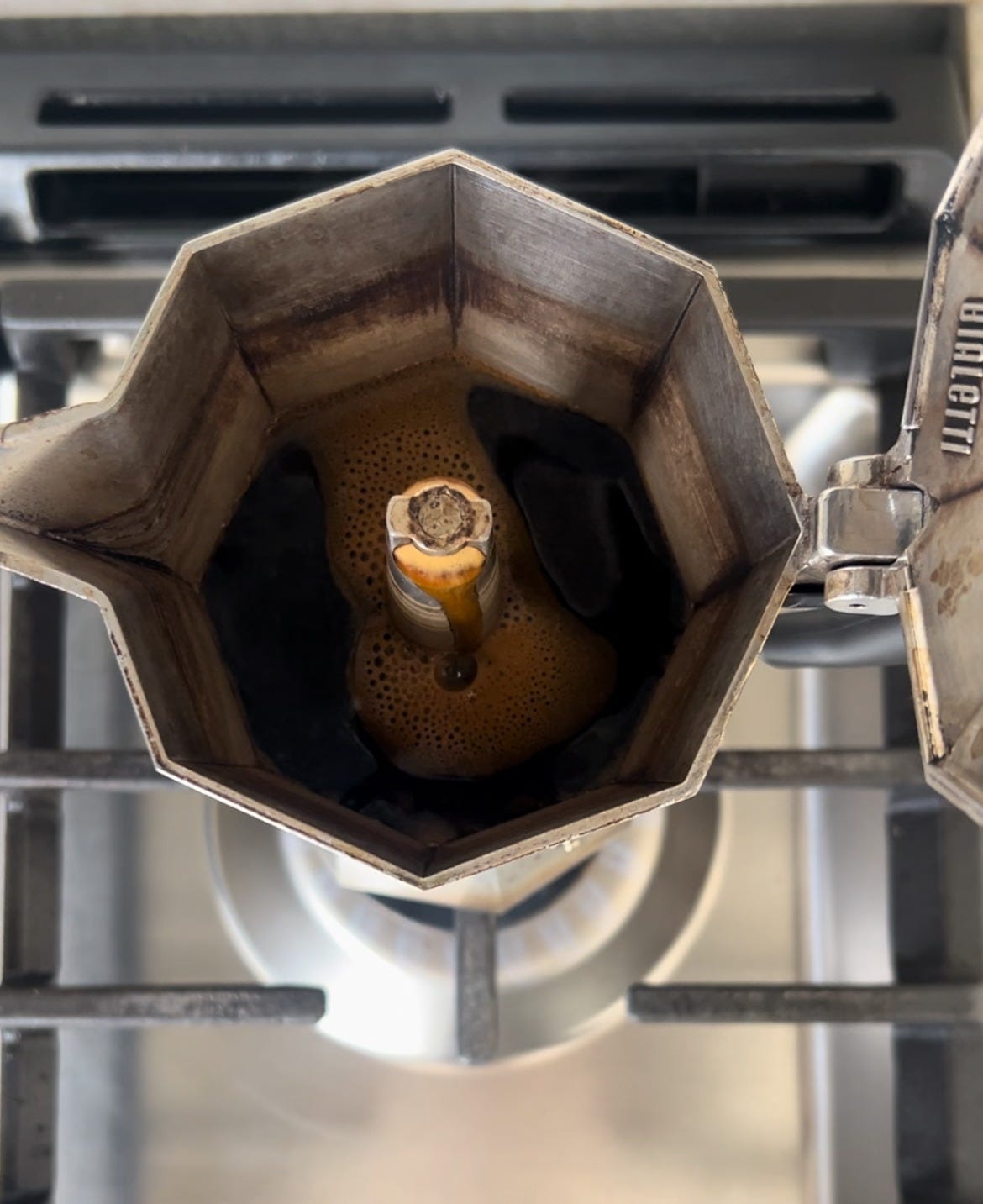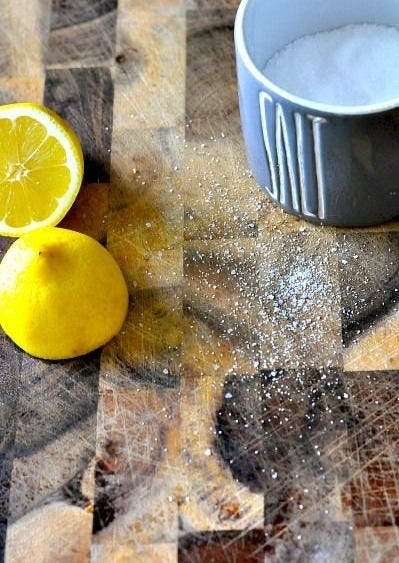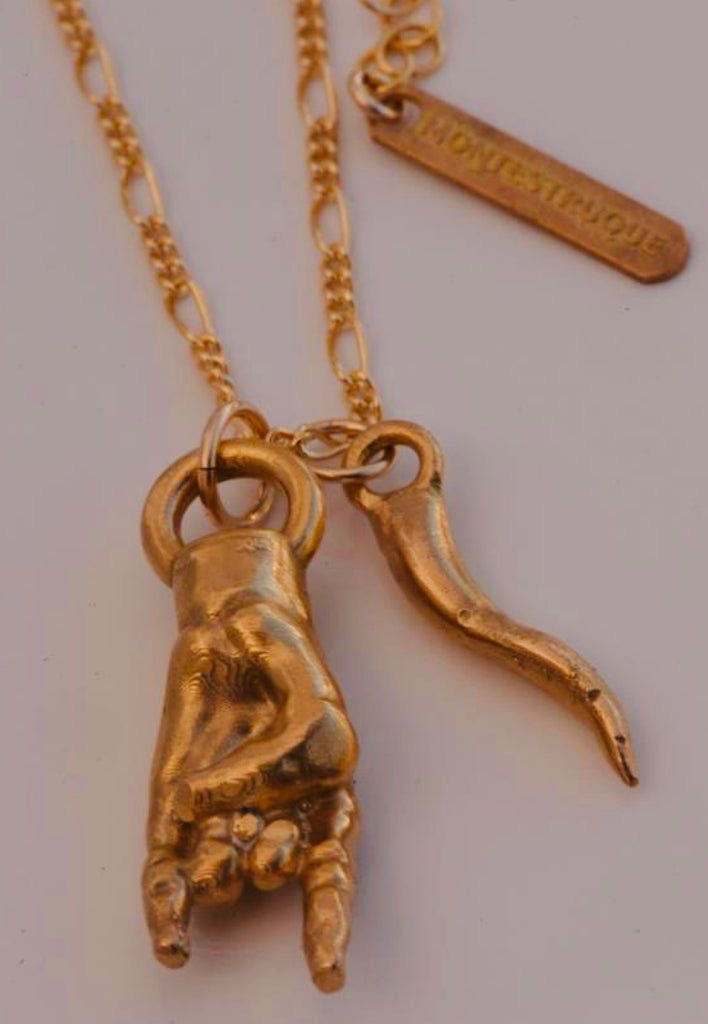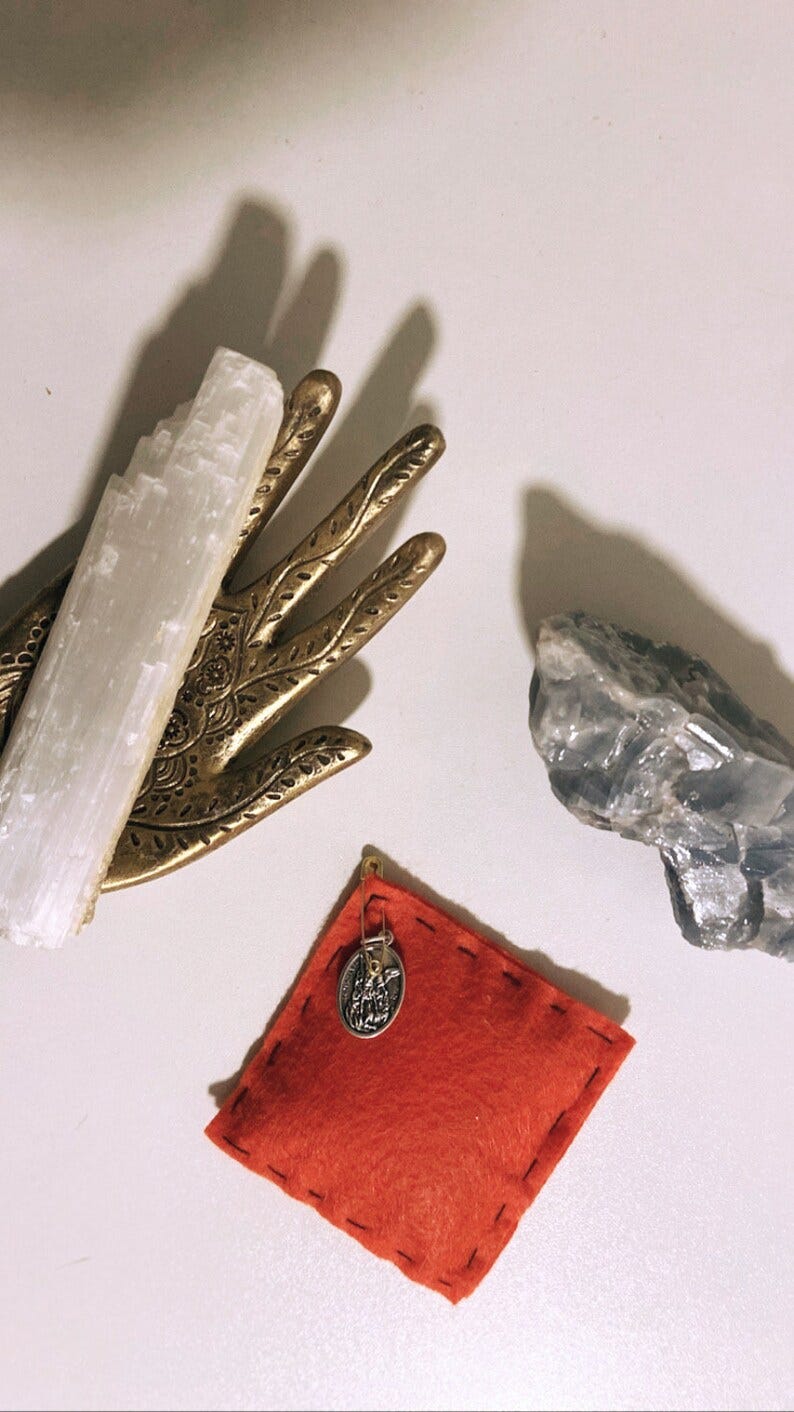The roots of folk magic are working with what you have.
It was often practiced in conditions of scarcity or survival, not luxury.
It was also an act of resistance.
It has always been about what’s accessible, rooted, and real.
It lives in what’s within reach.
Tools for healing, protection, blessing, and purification were everyday ingredients found in the kitchen such as herbs, oils, and other staples.
While modern day spirituality or witchcraft often emphasizes big and elaborate rituals, beautiful in their own right and powerful when there is space for them….
Folk magic, most often, is the magic in the mundane.
Many folk traditions didn’t draw a hard line between the spiritual and mundane.
Life was the ritual. A living altar. Inherently sacred.
Caring for land, food, body, kin, and community was itself an act of magic and devotion.
Below, I share just a few ways I personally (and naturally) weave magic into my daily life and how you might feel inspired to do the same.
At the end, I’ve included some reflection prompts to help you notice the magic that’s already present, remember what might still be carried within you, and begin to work with what’s yours in a more intentional way.
My kitchen is an altar.
Coffee is a daily ritual for me.
I like to say a little cleansing prayer or set an intention over my coffee while stirring counterclockwise to remove negative influences, clockwise when I’m drawing in blessings.
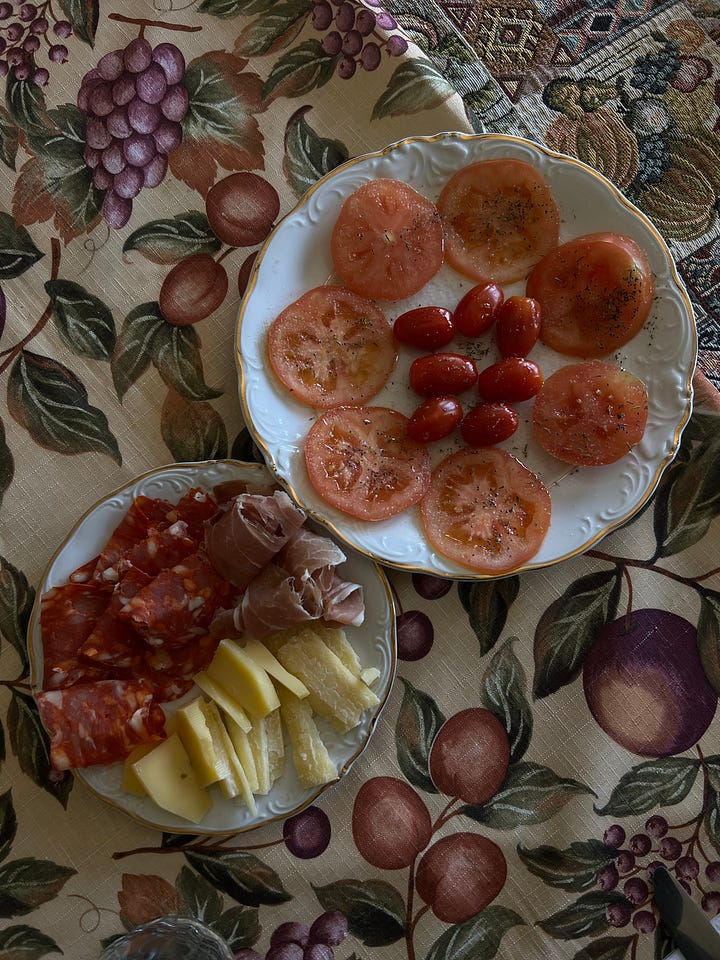
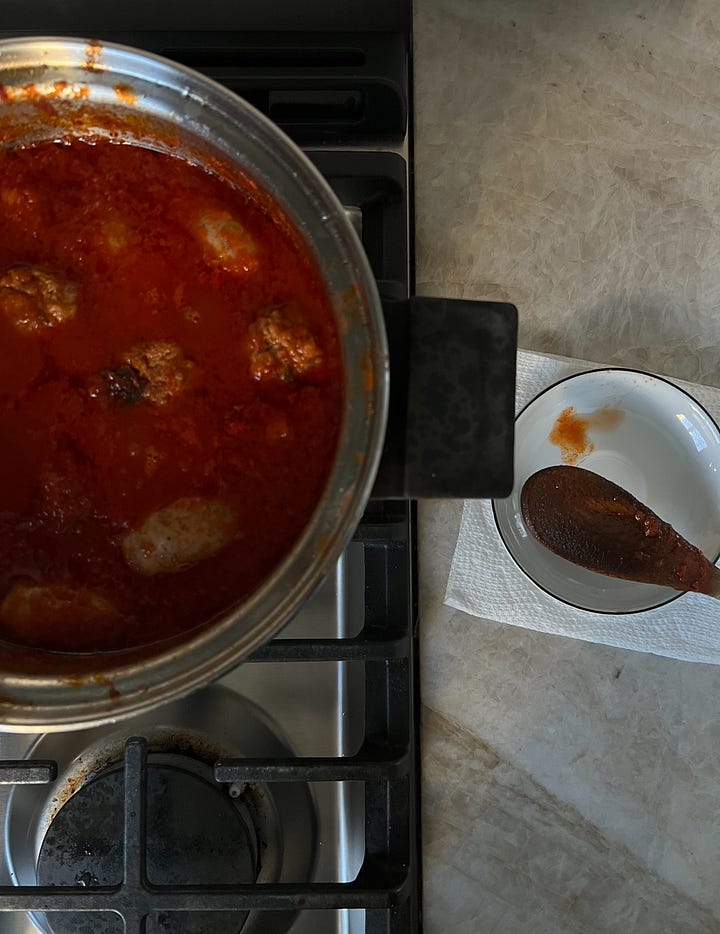
Other than my beloved coffee, nourishing meals are also prepared daily in my kitchen. The same supplies used in magic are used for cooking.
I mostly cook or prepare ancestral dishes, so I naturally use that time to connect with my ancestors and ancestral homeland.
I engage in more of a ritualistic, embodied type of meditation while cooking. It's a practice in presence, intention, and quiet connection.
The kitchen is also where I remove the evil eye for clients and friends, as it’s where the olive oil and water are always within reach. (this is also sometimes done with an egg—called a Pulizia1).
My kitchen walls have heard hundreds of prayers.
Cleansing is woven into cleaning.
In Italian, Italian-Canadian, and Italian-American cultures, there’s a deep emphasis on having a clean home.
Growing up, Saturdays meant windows open, music playing, and the whole house buzzing with movement. Floors got scrubbed, rugs were shaken out, thresholds were swept.
It wasn’t for guests (although sometimes it was sparked by a visit by zii and cugini2) but mostly, it was for us.
It was about more than just cleaning though, it was also about resetting the energy of a space… About not letting things stagnate.
It was about care and protection.
When I clean I add a little rosemary or lemon to my mop water, or use cologne or holy water to wipe down doorways and mirrors.
Blessed salt is thrown into the corners of the home and swept out to cleanse the space.
I’ll use my cleansing spray on doors to keep out evil, along with a few spritzes throughout my space (especially the corners), around the bed,… wherever I intuitively feel called.
The space always feels noticeably different after.
Spiritual hygiene/protection (magic).
This isn’t something that’s done only when things really go sideways, it’s a daily practice for me.
I regularly connect with Archangel Michael—protector of the people—who is revered by devout Catholics, energy healers, occultists, and esotericists alike!
Check out this meditation I made if you feel called to here.
I often wear something that’s red (even if it’s not obvious) to protect against mal’occhio (the evil eye).3
I’ll wear or carry protective charms like a cornicello4, which I cleanse regularly.
If I’m washing my hair, I’ll dilute apple cider vinegar with water and pour it over my hair and scalp, letting it sit for a few minutes before shampooing and conditioning as usual. It helps remove lingering/negative energy and acts as a form of un-hexing and uncrossing.
I’ll “throw” or “make” certain hand gestures, discreetly, when I sense that protection is needed.5
I often carry a protective charm bag or Brevi bag with me.6
And I do not speak about my plans to anyone until they are signed, sealed, delivered!
Weaving Mundane Magic into Your Daily Life
(Reflection prompts)
What did the people of my lineage do to care for their homes, bodies, food, and land?
How might some of these practices have been spiritual or protective, even if they weren’t named that way?What household ingredients, herbs, or tools were commonly used in my ancestral culture(s)?
Do I use any of those today? Could I begin to use them more intentionally; in cooking, cleansing, or ritual?Were there rituals, songs, prayers, or sayings passed down in my family..even casually?
How might I reinterpret or reclaim them as meaningful practices today?What did rest, healing, and protection look like for the people who came before me?
Can I embody those values in my routines, even in small ways?What were the songs, foods, dances, crafts, or tools my ancestors used?
Can I learn or recreate one of them as a way to honour their memory and bring sacredness into the everyday?What parts of my culture or lineage were lost, stolen, hidden, or suppressed?
How can I gently begin the process of remembering, reclaiming, or reinventing what was once sacred?What practices already feel “magical” in my life, even if I’ve never called them that?
What happens when I treat those moments with more intention, reverence, or ritual?
Zii — the Italian plural that refers to both aunts and uncles collectively.
Cugini — the word for cousins in Italian; used for groups of mixed or all-male cousins.
The concept of the mal’occhio, or evil eye, is deeply rooted in many cultural traditions and is often accompanied by specific practices of protection, healing, and ritual. Across regions and diasporas from Italian and Italian-American/Canadian communities to Mexican, Jewish, Greek, and many Middle Eastern and Mediterranean cultures, this belief is carried through generations in unique and meaningful ways. You may find protective practices that feel more resonant with your own heritage or lived experience.
Cornicello — an apotropaic charm (from the Greek apotropaios, meaning “to ward off”) traditionally used in Italian culture to protect against the malocchio (evil eye). Shaped like a small, twisted horn, it symbolizes strength, vitality, and protection. Though often mistaken for a chili pepper, its roots lie in ancient horn imagery tied to fertility and power.
I most often make “le corna” referring to the mano cornuta (horned hand) gesture.






